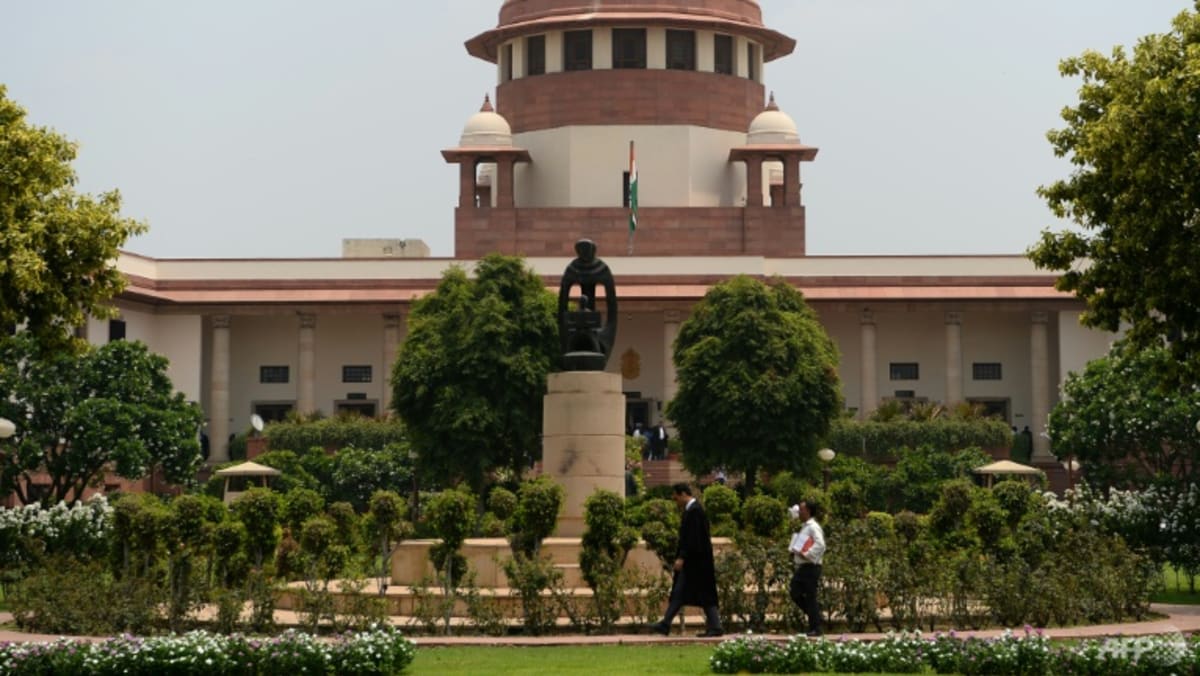
India’s Supreme Court has ruled that familial relationships may take the form of domestic, unmarried partnerships or queer relationships, and that such “atypical manifestations” of the family unit are equally deserving of social welfare benefits.
This widens the definition of what constitutes a family – the latest in a series of court decisions to challenge India’s social norms that could have major implications for the rights of women as well as gay people.
The ruling, which was made earlier in August, stems from the case of Deepika Singh, a nurse whose employer had denied her application for maternity leave after she gave birth because she had already taken leave to care for her husband’s children from a previous marriage.
The court ruled in her favour, noting that the predominant understanding of the concept of a “family” both in the law and in society is that it consists of a single, unchanging unit with a mother and a father – who remain constant over time – and their children.
“This assumption ignores both, the many circumstances which may lead to a change in one‟s familial structure, and the fact that many families do not conform to this expectation to begin with,” said judges Dhananjaya Y Chandrachud and A S Bopanna.
“Familial relationships may take the form of domestic, unmarried partnerships or queer relationships. A household may be a single-parent household for any number of reasons, including the death of a spouse, separation or divorce,” they stated in a court document.
“Similarly, the guardians and caretakers … of children may change with remarriage, adoption or fostering. These manifestations of love and of families may not be typical but they are as real as their traditional counterparts.
“Such atypical manifestations of the family unit are equally deserving not only of protection under law, but also of the benefits available under social welfare legislation.”
In 2018, India’s highest court unanimously struck down part of Section 377 of the Indian Penal Code, which criminalises same-sex relations, following 17 years of legal challenges mounted by activists.
“Criminalising carnal intercourse under Section 377 (of the) Indian Penal Code is irrational, indefensible and manifestly arbitrary,” said then-chief justice Dipak Misra in the landmark judgment on Sep 6, 2018.
The country still does not recognise same-sex marriage or civil unions.
In India, marriage is governed by a set of religious, personal laws, which date to the colonial era and vary among faiths, and by a secular law called the Special Marriage Act. Both define marriage as a union of a man and a woman.
Legalising same-sex marriage would require an overhaul of India’s legal system, the government of India has said.

